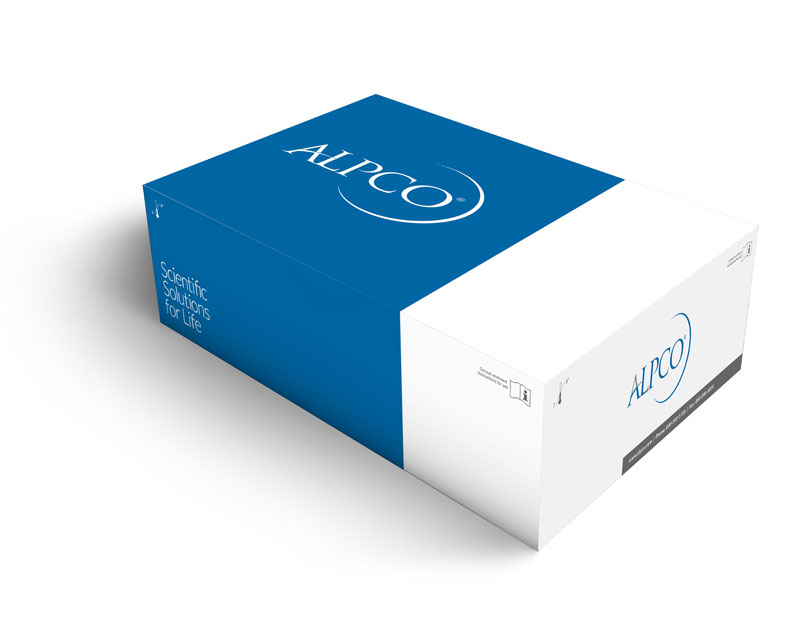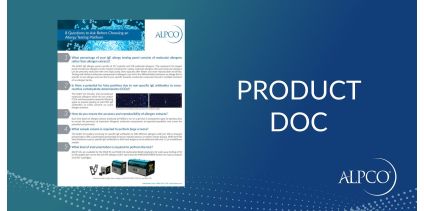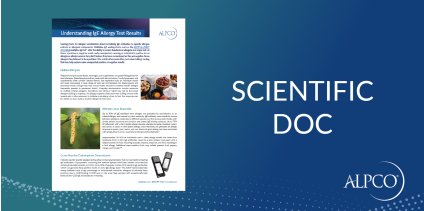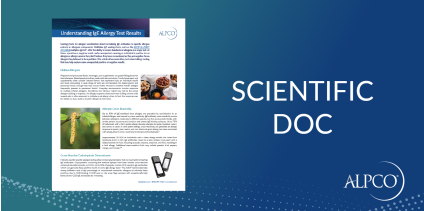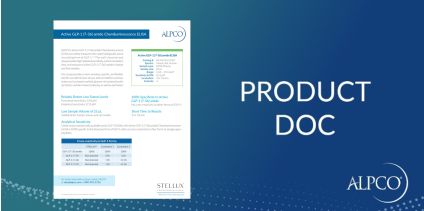Complement Factor P Functional ELISA
$1,460.00
Catalog
13-COMPL-FPF
The Complement Factor P Functional ELISA is for the qualitative determination of the function of Factor P in human serum or EDTA plasma. The functionality is determined in relation to the calibrator set as100% functional. For Research Use Only. Not for Use in Diagnostic Procedures.
Species
Human
Regulatory Status
Research Use Only. Not for Use in Diagnostic Procedures.
Product Distribution
Available in North America Only
Range
Cut-off
Sensitivity
n/a
Sizes
96 Wells
Sample Types
EDTA Plasma, Serum
Inc Time Hour
4 hr
Inc Time Overnight
No
Inc Time See Protocol
No
Sample Size
50
Detection
Colorimetric
The Factor P Functional ELISA is an enzyme-linked immunosorbent assay (ELISA) that
combines principles of the functional complement activity assays with the use of labelled
antibodies specific for deposited complement proteins. The amount of deposited complement
proteins is proportional to the functional activity of Factor P in the sample.
Factor P (Complement P, Properdin, FP) is a positive regulator and an initiator of the
alternative pathway (AP) for complement activation. It binds surface-bound C3 and C5
convertases and stabilizes them to amplify the activation cascade1. Factor P binding
increases the half-life of the convertase complex approximately 10-fold2. It is suggested,
however debated, that Factor P also can initiate complement activation by binding for
example cell surfaces or certain biological substrates, recruiting C3b or C3(H2O) and Factor
B and thus initiate the AP pathway1,3. Factor P opposes the negative regulation of Factor H
that enhances the dissociation of C3b and Bb and mediates Factor I cleavage of C3b to the
inactive iC3b3. Please see instructions for use for more information.

